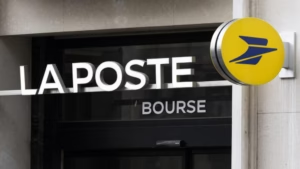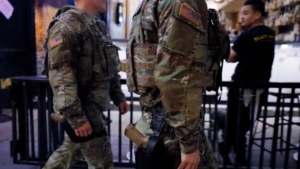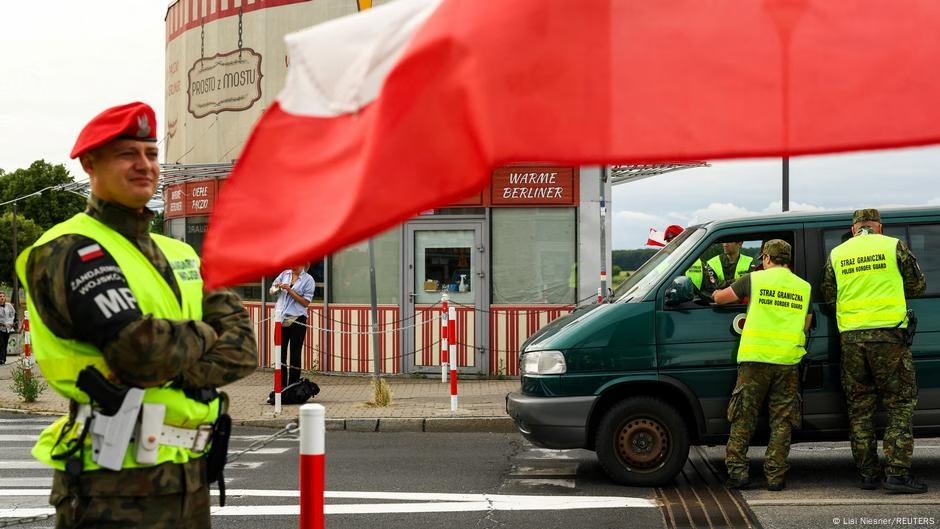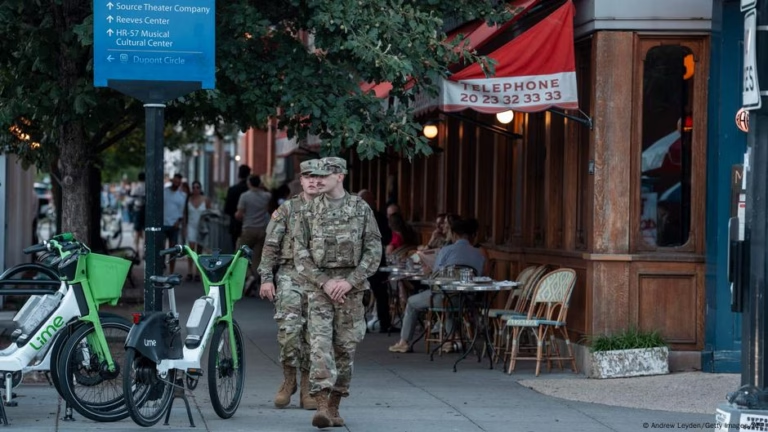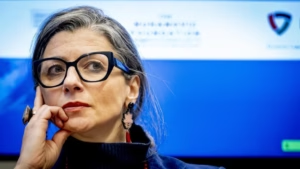The bridge connecting the German city of Frankfurt an der Oder and the Polish city of Slubice has become a symbol of tension due to recent developments. It is adorned with rows of EU flags and signs promoting the idea of a borderless community, but these messages have lost their original significance as both countries have started performing border checks in response to Germany’s stricter migration policies. Poland has reinstated controls at several border crossings with Germany and Lithuania in reaction to Germany’s measures. Polish Prime Minister Donald Tusk’s decision maneuvers within the context of Germany’s Federal Police being instructed to deny entry to asylum seekers at the German border, which has stirred controversy.
The impact of these policies is notably felt in the daily lives of those living near the border. Local residents and students express their concern over the new difficulties and delays caused by the checks. Furthermore, unofficial “citizen patrols” comprised of individuals dressed in neon vests have appeared at crossings, some of whom film border guards contests and promote anti-immigration slogans. These “patrols” harbor grievances and conspiracy theories, suggesting, without evidence, that Germany is clandestinely sending migrants back through the forests.
Supporters of an open border also make their voices heard. Members of an organization called Frankfurt Remains Colorful demonstrate in favor of maintaining the freedom to travel between the two countries. For over 30 years, Frankfurt an der Oder and Slubice have been a model of European integration, with mutual projects and cross-border cooperation, including joint infrastructure and educational programs. The current checkpoints have disrupted these long-standing ties, causing issues for cross-border activities and economic exchanges.
Despite the border checks, there were no major incidents on the day of reporting. Polish border guards conducted checks on vehicles and occasionally on pedestrians, but the mex controls passed without significant disruptions. On rare instances, people were turned away, like two Chechen women who were refused entry because they didn’t have their passports with them to cross into Poland.
Please note that the above content has been rewritten and some paragraphs may have been reorganized to improve clarity and readability.
Source: https://www.dw.com/en/german-polish-border-checks-they-may-our-life-difficult/a-73217146?maca=en-rss-en-all-1573-rdf
